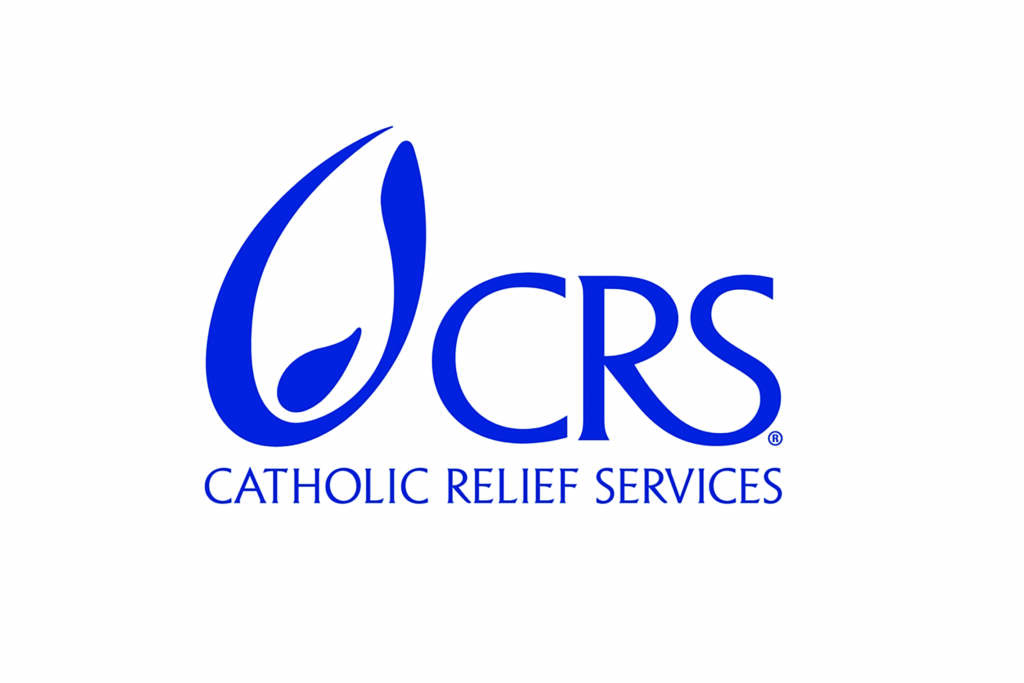Seabata Mahao
In a proactive step towards implementation of the Pathways to Sustainable Livelihoods Program (PSLP), Catholic Relief Services (CRS), in collaboration with Doorways, this week conducted a comprehensive five-day training of trainers in Berea.
This training session was designed for CRS trainers, community development officers from the Ministry of Gender, Youth and Social Development (MoGYSD), auxiliary social workers, and key stakeholders from Caritas Lesotho.
The focus of the training was the Personal Initiative Training, intended to equip participants from the five community councils with the skills needed to cascade livelihood promotion activities to approximately 2500 households.
PSLP, an initiative funded by the World Bank and implemented by MoGYSD, aims to bolster the efficacy and equity of social assistance programs while fortifying the livelihoods of impoverished and vulnerable households across the country.
Aligned with the National Strategic Development Plan II (2021-2031) and the National Social Protection Strategy II (2021-2031), PSLP marks a pivotal effort by the government to uplift communities and foster economic resilience.
Speaking at the workshop’s opening ceremony, Kanono Thabane, the EIP Program Manager, mentioned that CRS, contracted by MoGYSD, was taking the lead on component 1A of PSLP – the Economic Inclusion Program (EIP).
Thabane said collaborating with Caritas Lesotho, Dunamus Agri Advisory, and Doorways, CRS was set to implement the EIP across five Community Councils: Tosing in Quthing, Thaba Mokhele in Mohale’s Hoek, Metsi Maholo in Mafeteng, Phuthiatsana in Berea, and Bolahla in Hlotse.
“The EIP aims to reach 5,000 households through entrepreneurial training, financial education via savings and lending groups, agribusiness support, and productive grants to foster sustainable livelihoods,” he explained.
Thabane stated that prospective participants from selected areas should apply to join the program starting July 1, 2024, using applications distributed by trainers, either online or in person.
“Each trainer will mentor and assist 50 households. Subsequently, participants will progress to proposal development, culminating in the selection of beneficiaries who will receive monetary support totaling approximately M7,000,” he said.
Summary
- In a proactive step towards implementation of the Pathways to Sustainable Livelihoods Program (PSLP), Catholic Relief Services (CRS), in collaboration with Doorways, this week conducted a comprehensive five-day training of trainers in Berea.
- The focus of the training was the Personal Initiative Training, intended to equip participants from the five community councils with the skills needed to cascade livelihood promotion activities to approximately 2500 households.
- PSLP, an initiative funded by the World Bank and implemented by MoGYSD, aims to bolster the efficacy and equity of social assistance programs while fortifying the livelihoods of impoverished and vulnerable households across the country.

Your Trusted Source for News and Insights in Lesotho!
At Newsday Media, we are passionate about delivering accurate, timely, and engaging news and multimedia content to our diverse audience. Founded with the vision of revolutionizing the media landscape in Lesotho, we have grown into a leading hybrid media company that blends traditional journalism with innovative digital platforms.









